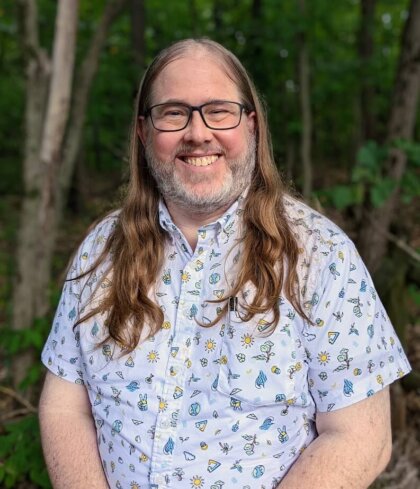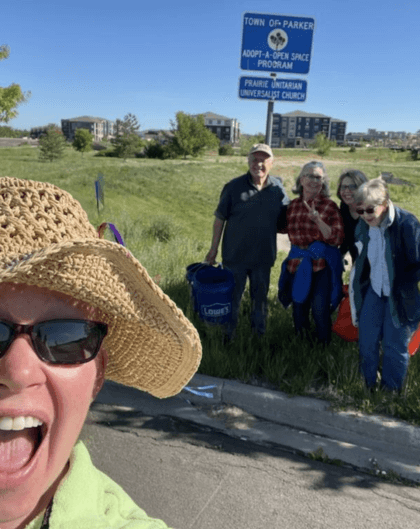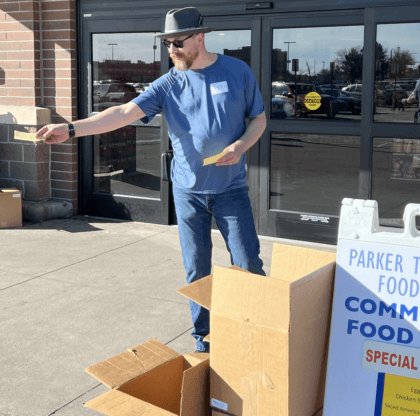Our Justice League
ACTING TO EMPOWER OUR COMMUNITY TO CHALLENGE THE
CONDITIONS THAT CREATE INEQUALITY AND INJUSTICE
Unitarian Universalists believe that every person is sacred and that there is an interdependent web of all existence. When one part of the web is torn or injured, all other parts are injured, and the web needs to be restored. At Prairie, we hold that faith-based justice work is more than obtaining and sharing information about these interdependencies. It is about transformation. To transform the world, we ourselves need to be transformed.
Toward that end, we have formed the Prairie Justice League. Our purpose is to provide opportunities for the congregation to act on our collective UU values to make our community and our world a better place – for everyone. We meet to review, discuss, create, and support initiatives that promote social justice.
The Prairie UU Justice League’s main focus is:
1. Networking/partnering with Metro UU churches and Interfaith Alliances.
2. Education within our congregation and outreach into the community.
3. Justice activities and events.
The Prairie Justice League also seeks to raise awareness about and engage members in the social justice initiatives of the UUA: https://www.uua.org/justice
Prairie UU Justice League members find ways to help make a difference both locally and nationally stage. The Prairie Justice League meets once a month, typically the fourth Sunday afternoon following service. Join us any time to catch up on what’s going on, or to share your thoughts and ideas!
Contact us if you’d like to be added to the Prairie UU Justice League mailing list!



